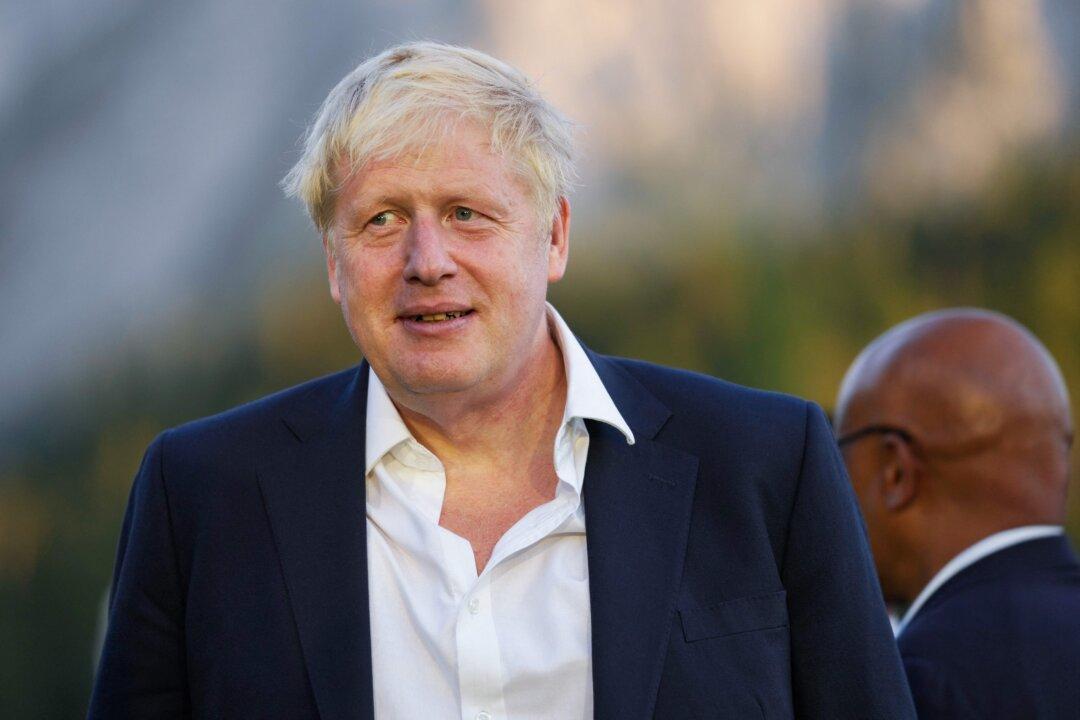British Prime Minister Boris Johnson has called on Western leaders to take urgent action to break the Russian blockade and help Ukraine ship its grain exports out of the country.
Ukraine, traditionally known as the “breadbasket of Europe,” used to supply 10 percent of the world’s wheat, 12–17 percent of the world’s maize, and half of the world’s sunflower oil. But the Russian invasion and its blockade of major Ukrainian ports such as Odesa have prevented Ukrainian food from reaching the global market.





